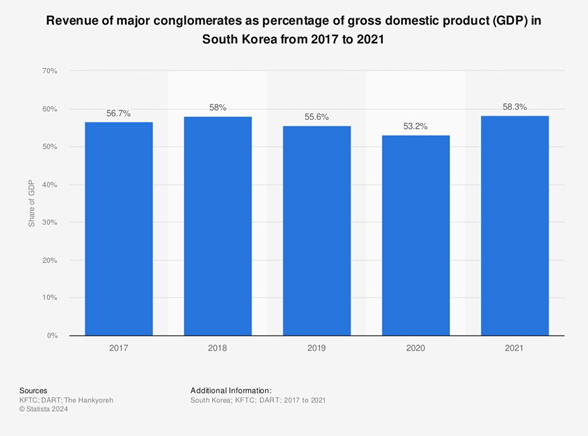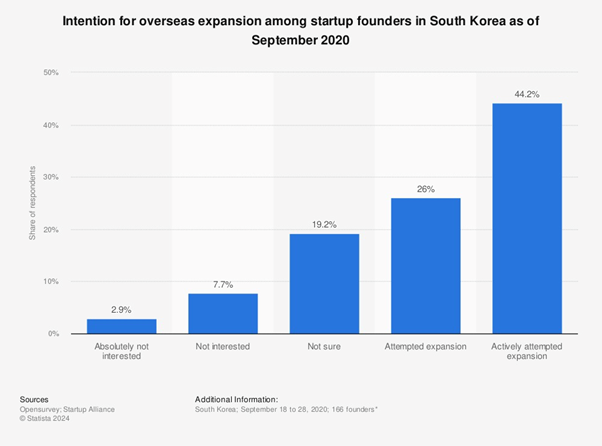Blog by Bennett Lee, CFA, CAIA and Timothy Tham

As venture capitalists specialising in the Travel and Hospitality industry, we have been to many parts of the world in search of innovative start-ups and each region offers unique opportunities and challenges. Over the years, one region that has stood out to us is South Korea.
South Korea presents a fertile ground for venture capital investments, offering a blend of innovative start-ups, vibrant ecosystem, and entrepreneurial spirit. In this blog post, we’ll share our insights and learnings from our journey in Korea’s start-up scene over the past years.
Supportive Start-up Ecosystem
South Korea boasts a uniquely supportive environment for start-ups, thanks to the government’s proactive role in fostering innovation and entrepreneurship. The Korean government has made it a priority to nurture a thriving start-up scene by removing regulatory hurdles and enabling access to funding.

Furthermore, amidst efforts to reduce the economy’s over-reliance on Chaebols – massive family-owned conglomerates (think of the likes of Samsung, Hyundai, and LG Group) that currently contribute almost 60% of Korea’s GDP – the government has increasingly focused on nurturing start-ups as drivers of economic growth and job creation. This shift in focus has opened new opportunities for entrepreneurs to challenge existing business models and drive innovation across various industries, including Travel and Hospitality.
Partners, Partners, Partners
Navigating Korea as a foreigner without strong partnerships can be challenging. In recent years, we have had the privilege of closely collaborating with the Korea Tourism Organization (KTO) and realised the success of our signed Strategic Innovation Partnership with Korea Tourism Organisation (KTO) to support companies working with the Korea Tourism Start-up Centre in Singapore, to expand their footprint across Southeast Asia.
We share aligned objectives of advancing tourism as a key driver for national economic growth and enhancement of national welfare with 2024 goal of developing 245 Korean technology tourism venture companies. We found the focus on entrepreneurship, digital transformation, innovation, and founder friendly approach to start-ups particularly refreshing.
Another example of our successful partnership is in the Tourism Start-up Global Challenge Programme where we help to mentor Korean tourism related start-ups that are in the programme. Read more about our involvement in one of our earlier blog posts. This reinforces the fact that having a solid partner can make or break your market entry strategy into Korea.
How are Korean Start-ups Different?
One notable difference we noticed about Korean start-ups lie in their insular and tightly knit ecosystem where strong connections among founders, investors, and industry stakeholders foster collaboration and knowledge sharing within Korea. This localised approach, while advantageous for navigating the local Korean market and building a supportive start-up community, can pose challenges for start-ups seeking to expand globally as language barriers and limited exposure to different business environments may impede their ability to scale at the international level.

It was found that around 45% of founders were actively attempting to expand overseas but only around 7% of their start-up population have been able to break into overseas markets and this is due to communication and language barriers that Korean founders tend to face.
When they do scale overseas, most start-ups target the United States, then perhaps Singapore, usually leaning on support of government-led scaling initiatives. We understand that to encourage start-ups to go beyond Korea, the government plans to launch 10 start-up support centres around the world by 2026 to provide a soft-landing for expansion and think is a solid step in helping Korean start-ups scale globally.
Paying Attention to Culture Differences
Venture Capital is in the business of navigating cultural nuances and building strong relationships with start-up founders. When engaging with Korean founders and stakeholders it’s essential to be mindful of cultural sensitivities and communication styles. Korean business culture places a strong emphasis on hierarchy, respect, and building trust through personal connections. Therefore, taking the time to understand the intricacies of Korean etiquette and protocol can go a long way in forging meaningful partnerships and closing deals.
Additionally, it’s crucial to recognise that Korean founders and people may have a different approach to business and decision-making compared to their counterparts in other regions. From our interactions in Korea, we realised that Koreans generally value diligence, long-term relationships, and consensus-building. As a result, it’s especially crucial to dedicate the time to cultivate strong relations with Korean counterparts.
Conclusion
Our journey through Korea’s start-up scene has provided us with a newfound appreciation and understanding of its dynamics. From the strong government support to the nuances of cultural sensitivities that we have had to navigate, it’s evident that the Korean start-up ecosystem is truly unique.
As we look ahead, one thing has become increasingly clear: the future of Korea’s start-up ecosystem is full of untapped potential. With strong government support and a commitment to fostering cross-border collaboration, Korean start-ups are strongly positioned to make an impact on the global stage. We have been fortunate to be part of this journey and we are excited to look forward to the many opportunities that lie ahead in this space.
